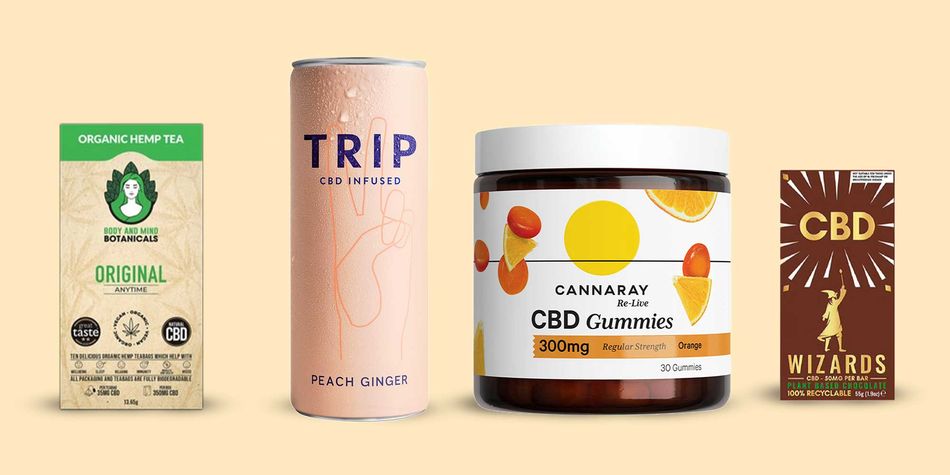Is there such a thing as a healthier sugar? Our Which? nutritionist weighs in
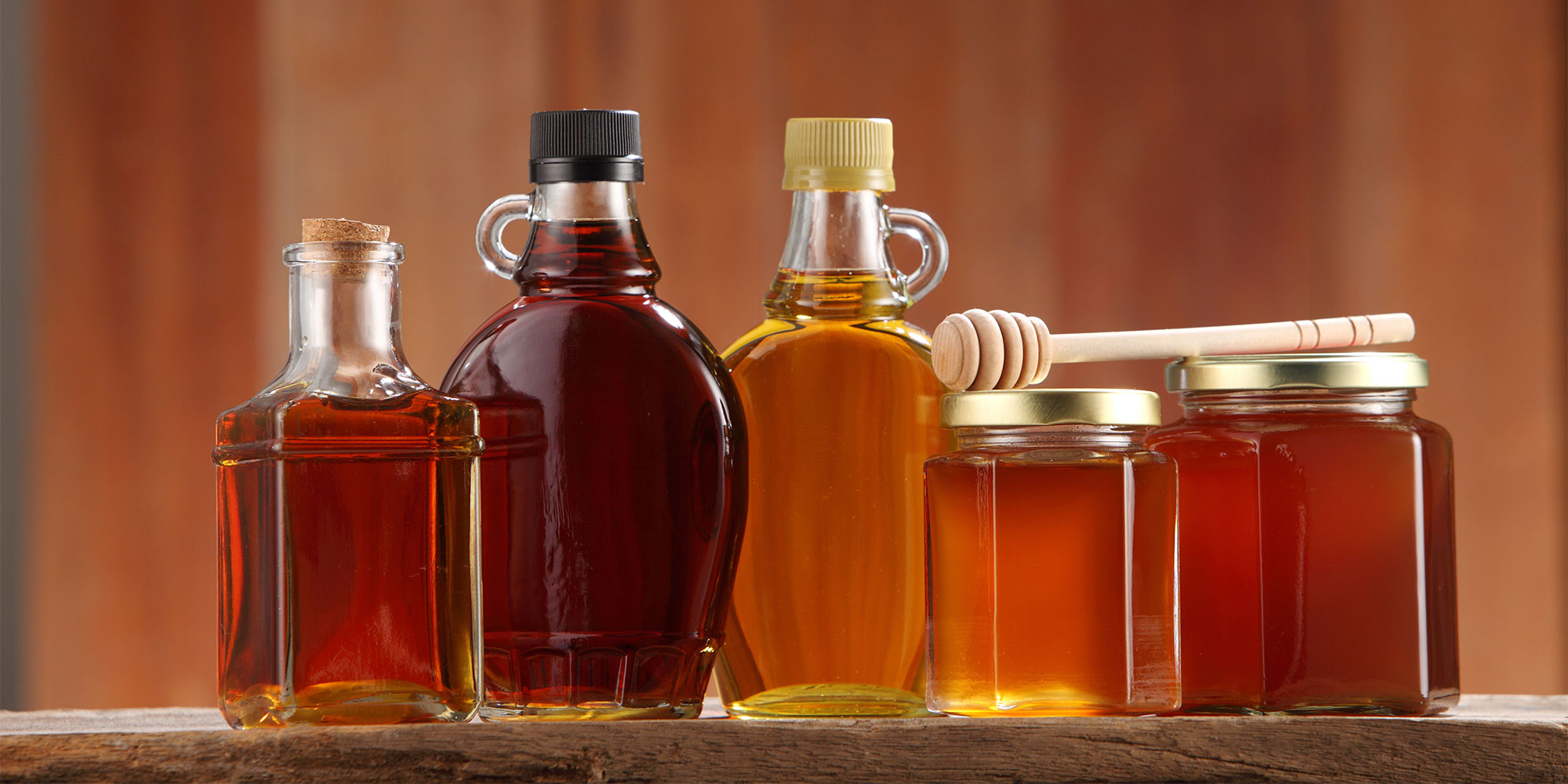
Sugar is a type of carbohydrate, needed to give us energy. The trouble is, many of us consume far more sugar than we actually need.
It's seemingly everywhere — lurking in things you’d never expect, such as some tinned vegetables, frozen meals, curries, bread, salad dressings and soups. And let’s not forget the eye-wateringly sweet syrups in your favourite coffee-shop drinks.
There are 'natural' sugars, such as those found in fresh fruit, vegetables, and dairy products, as well as 'free’ sugars, including white sugar, which are the ones health professionals are most concerned about.
But where do the likes of honey, maple syrup and agave fit in, and is there such a thing as a 'healthy' way to add sugar to your food? We take a look at the facts, and get the expert input of Which? nutritionist Shefalee Loth, to help you feel more informed next time you wander down the supermarket sugar aisle.
Eat well, live better, stay healthy – sign up for our free monthly Food & Health newsletter for the latest insights delivered straight to your inbox
How much sugar should you have?
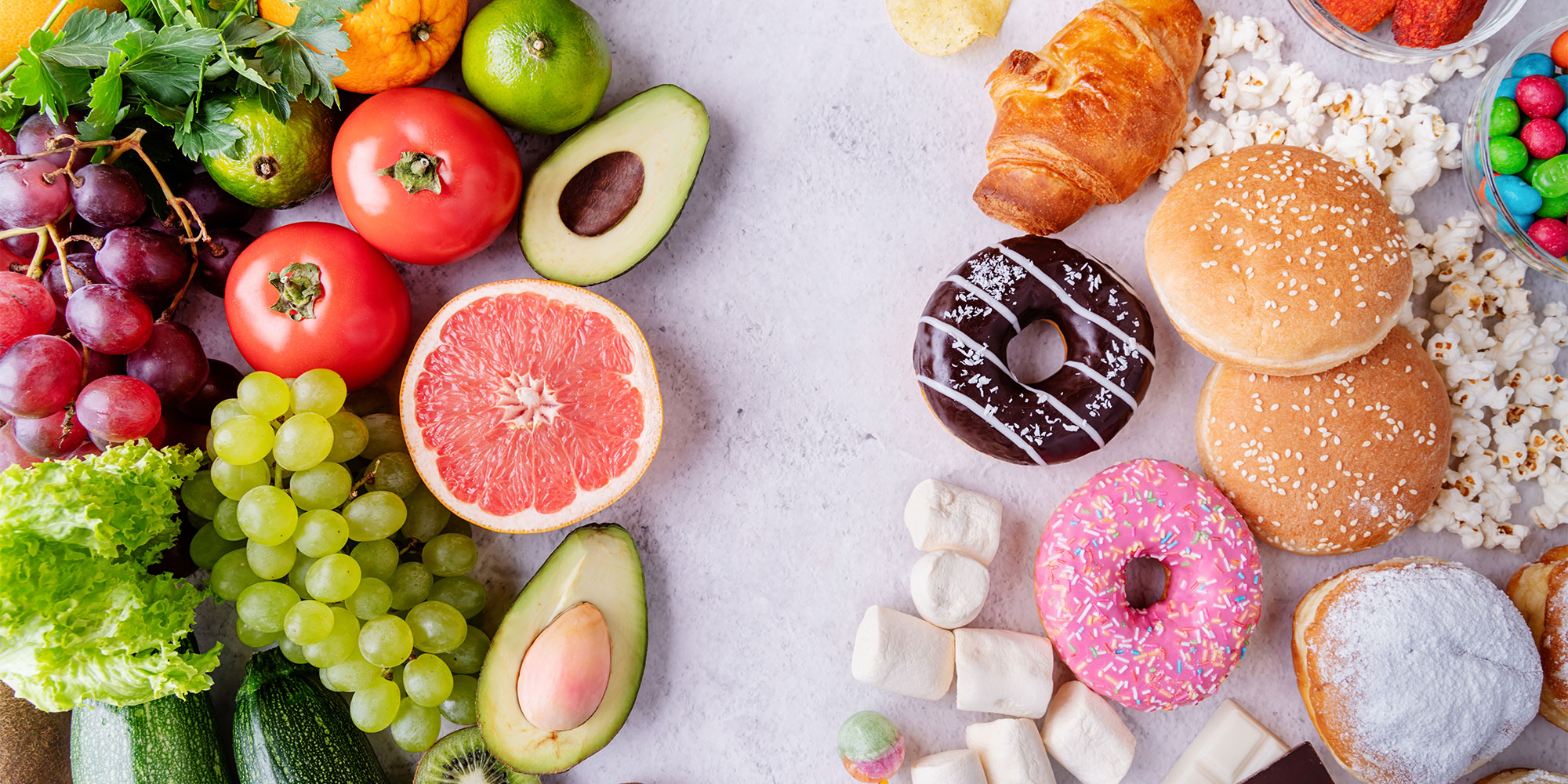
‘Free’ sugars: These should make up no more than 5% of our daily calories. For adults, this is about 30g per day, or around 7.5 level teaspoons (tsps)*. For children, it's the equivalent of six sugar cubes (around 6 level tsps). Free sugars include refined sugars such as sucrose (white sugar), honey, syrups (eg maple and agave), fruit juices/fruit juice concentrates, smoothies and fruit purées. They're called 'free' because they're not contained within the cellular structure of a food – they're not necessarily a ‘free food’ to go wild with.
'Natural' sugars: These aren't included in the 30g daily total, primarily because the cellular structure is still intact, which means the sugars are absorbed more slowly than free sugars. They're also fibre-rich, which further slows breakdown. Natural sugars are found in milk (lactose), whole fruit and vegetables (including fructose) and germinating grains (maltose).
Are you eating too much sugar?
Signs you're consuming too much sugar can include low energy and fatigue, irritability and mood swings, food cravings and digestive issues (such as bloating and gas). In the longer term, a diet that's too sugary can lead to weight gain, dental problems such as tooth decay, and an increased risk of chronic disease, including Type 2 diabetes, heart disease and fatty liver disease.
*A teaspoon of granulated sugar is roughly 4-4.2g.
How bad is ultra-processed food? Ultra-processed foods have been linked with negative health outcomes but some have a place in a healthy diet
Hidden sugars: how to find them
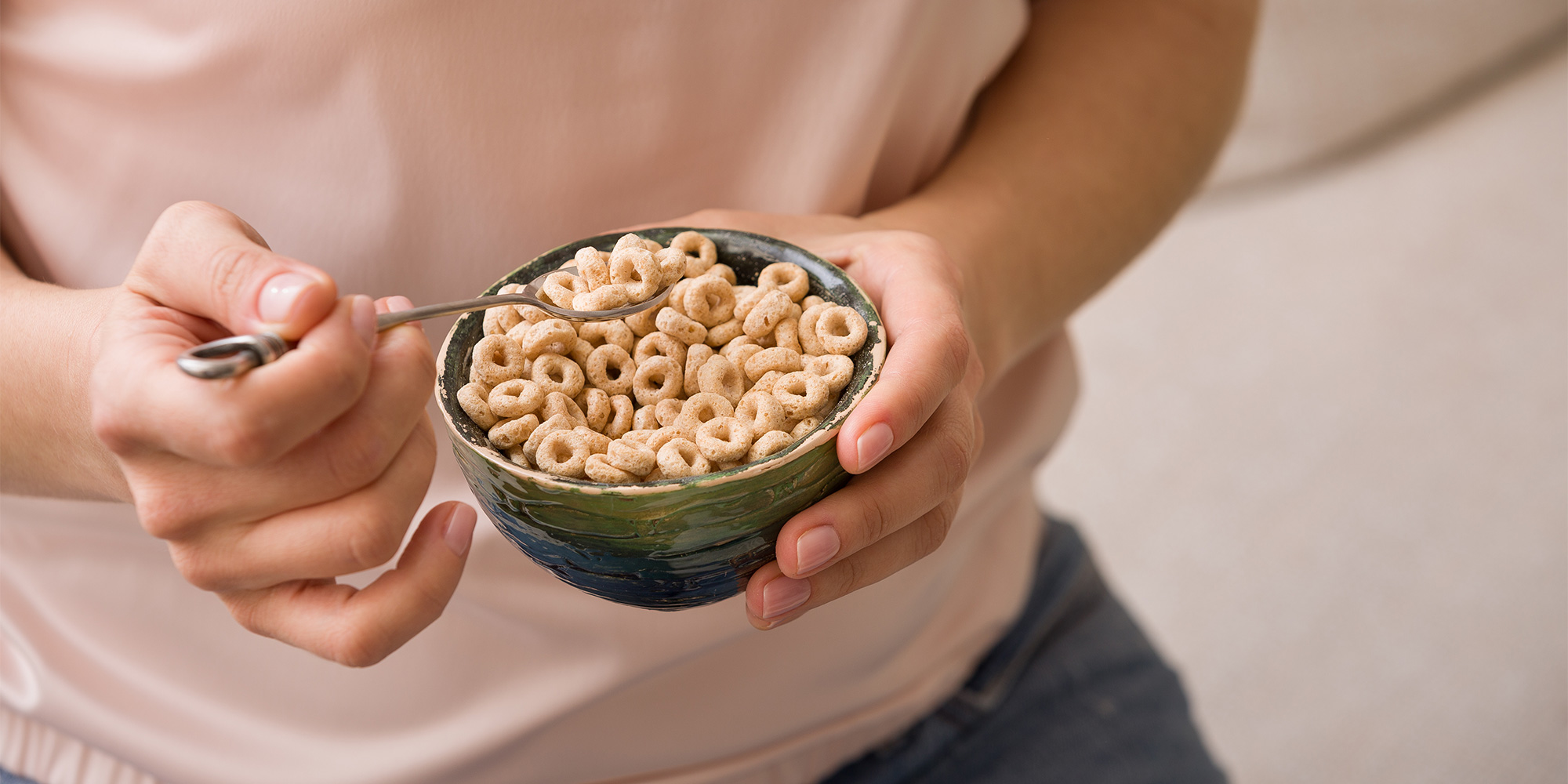
Shefalee says: ‘It’s not always obvious when a product contains free sugars because there are many different ways they can be listed on ingredients lists.’
Here's how to spot them:
- Words ending in '-ose'. For example, fructose, glucose, sucrose, maltose, galactose and dextrose.
- Syrups. For example, glucose syrup, glucose-fructose syrup (sometimes called high-fructose corn syrup or corn syrup), invert sugar syrup and maple syrup.
- Hydrolysed starch (maltodextrin) and barley malt extract
- Fruit juice concentrates and purées.
We found plenty of hidden sugar examples in popular foods. A Nature Valley Crunchy Oats and Honey cereal bar contains honey and molasses, as well as actual sugar, totalling almost 3 tsps (11.3g) per 42g bar. Nestlé Multigrain Cheerios contain sugar, invert sugar syrup, molasses and caramelised sugar syrup, providing 1.3 tsps of sugar (5.3g) per 30g bowl. This is also the case for some drinks that you might think are healthy. For example, a 150ml glass of Tesco Pineapple Paradise fruit smoothie provides just over 4 tsps of sugar from two types of fruit juice and two of purée – all considered ‘added sugars’.
Best multivitamin supplements 2025 – we've assessed multivitamin and mineral supplements from brands including Boots, Centrum, Holland & Barrett and Seven Seas to uncover the best
Fruit and vegetable sugars explained
The sugars naturally found in whole fruit and vegetables are fructose, glucose and sucrose. In this natural form they're all deemed natural sugars, but once extracted and processed (even if this is puréeing or juicing) they become free sugars.
Fructose: This is the main fruit sugar. It's found in fruits, including apples and pears, as well as in some vegetables. It must be broken down into glucose by the liver before the body can use it.
Glucose: This is found naturally in plants, including grapes and sweetcorn. Unlike fructose, glucose is directly absorbed into the bloodstream, leading to a rapid insulin response for immediate energy.
Sucrose: This is present in foods, including bananas, carrots and sweet potatoes, as well as sugar cane. Once refined from sugar cane or beet, it becomes a free sugar.
Best fruit and veg boxes UK: top-rated subscriptions and delivery services – we compare boxes from Abel & Cole, Oddbox, Riverford and more to find the best product delivered directly to your door
5 tips for reducing your sugar intake
- Check the ingredients list. Ingredients are listed in order of quantity, so if sugar is near the start of the list, the food is likely to be high in sugar. Other on-pack information may help, too. For example, a red light for sugar on a traffic light label indicates high sugar – the equivalent to 22.5g or more per 100g.
- Watch what you're drinking. Sugary drinks can be a major source of added sugar, so swap fizzy drinks, squash or fruit juice/smoothies for water infused with slices of fruit for flavour, and swerve the syrup when ordering a coffee.
- Make smart swaps. Choose porridge or an unsweetened grain cereal then add fruit (dried or fresh) to sweeten, rather than your usual sugary breakfast choice.
- Be wary of savoury foods. Sugar can be hiding in ready meals, sauces and savoury snacks. For example, sour cream and onion Pringles contain dextrose, sugar, glucose syrup powder and maltodextrin.
- Do it gradually. If cutting sugar out all at once sounds too much, do it one spoonful at a time, for example, having one teaspoon of sugar in your tea rather than two. Over a year, this is more than 6,000 calories saved – equivalent to 2.2lb of body fat.
Sugar: A to Z glossary – what is the healthiest sugar alternative?
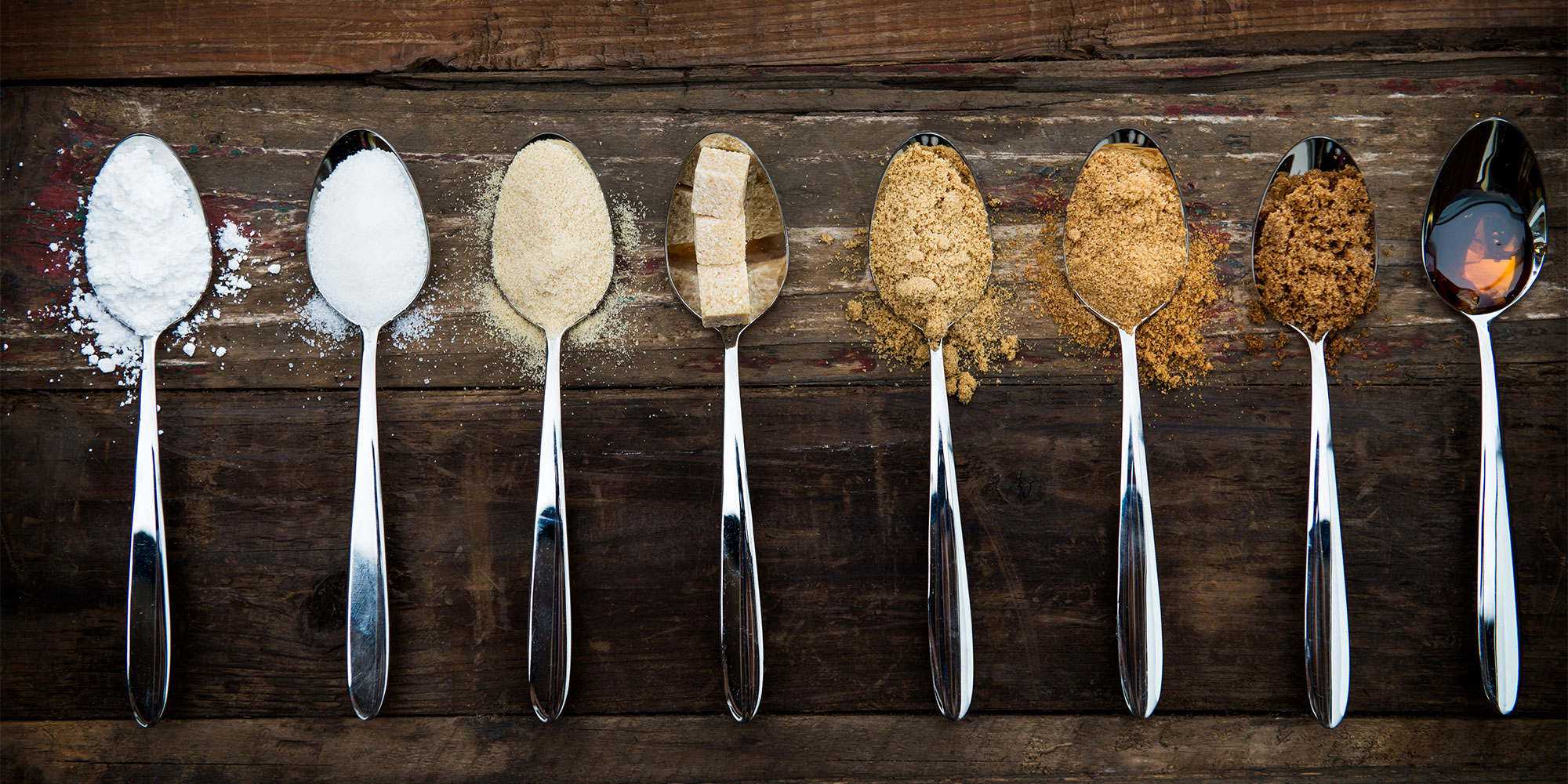
Whether artificial or natural/naturally derived, sugar comes in many guises. This isn't an exhaustive list of the sugar you’ll find in UK foods, but we’ve included those that are commonly used:
Acesulfame K. Artificial sweetener typically found in diet fizzy drinks and as a sweetener in tablet or granulated form. Affects blood sugar? No.
Agave nectar. Natural syrup from the same plant used to make tequila. Main component is fructose. Affects blood sugar? Yes
Aspartame. Artificial sweetener 200 times sweeter than sucrose. Early studies suggested it triggered insulin release, but the current consensus is that this isn't significant at typical consumption levels. Affects blood sugar? No.
Coconut sugar: Natural sugar from the flower bud of the coconut palm. Sugar content is very similar to table sugar and it should be treated as an added sugar. Affects blood sugar? Yes.
Date sugar: A natural sweetener made from dehydrated, ground whole dates, it's classed as a free sugar by the WHO because of the processing and removal of the original cellular structure. Affects blood sugar? Yes, but more slowly than sucrose — it still counts as sugar, so use in moderation.
Erythritol. Considered a natural sweetener because it's made from fermented glucose from corn or wheat starch. A type of sugar alcohol/polyol. Zero calories. Affects blood sugar? No.
Fructose. Found naturally in fruit but also in processed foods (eg soft drinks) as part of sucrose and glucose fructose syrup. Rapid delivery of large volumes over time can contribute to liver disease. Affects blood sugar? Yes. However, a low GI (glycaemic index) means it has a slow effect on blood sugar.
Glucose. Natural simple sugar that is the body's primary energy source and is also a component of other sugars (eg sucrose) and complex carbs. Glucose in whole fruit is fine but refined-carb versions, such as in white bread, should be limited. Affects blood sugar? Yes.
Honey. Natural sugar primarily composed of fructose and glucose, but because it's a liquid and not contained within a cellular structure, these are free sugars and should be limited. Affects blood sugar? Yes.
Maple syrup. Natural sweetener made from maple tree sap, primarily made up of sucrose with smaller amounts of glucose and fructose. Although natural, it's a free sugar. Affects blood sugar? Yes.
Molasses. This is the syrup byproduct of sugar refining and versions of it include black treacle (blackstrap molasses) and golden syrup. Affects blood sugar? Yes.
Saccharin (sodium saccharin). Artificial sweetener up to 500 times sweeter than sugar and with zero calories, but has a bitter aftertaste. Affects blood sugar? No.
Stevia. Natural sweetener that comes from the Stevia rebaudiana plant. Often blended with other sweeteners (eg Truvia is stevia plus erythritol). Affects blood sugar? No.
Sucrose. A natural sweetener derived from sugar cane or beet, most commonly used as white but available in darker brown versions such as muscovado. Light brown raw cane sugar is minimally processed but it is still free sugar. Affects blood sugar? Yes.
Sucralose. Artificial sweetener made by chlorinating sucrose. About 600 times sweeter than sucrose. Its main trade name is Splenda. Affects blood sugar? No.
Xylitol. A natural sweetener extracted from sweetcorn cobs or birch trees. UK trade names include Total Sweet and Pure Via. Other sugar alcohols/polyols include sorbitol, mannitol and erythritol. Affects blood sugar? Yes, but slowly. Low GI, so it doesn’t cause blood sugar or insulin spikes.
Do you need to worry about fillers and bulkers in supplements? Some supplement brands like to boast of 'no additives, fillers or bulking agents' in their products. We explain what they mean and if it really matters
How certain sugars and sweeteners can affect your health
There's evidence that some sugars and sweeteners may negatively impact our health to some degree, ranging from unwanted side effects to chronic illness and disease. Sucralose may reduce beneficial gut bacteria, while sugar alcohols such as xylitol can have a laxative effect because they’re not fully absorbed in the gut.
Although there have been safety concerns over some artificial sweeteners, the European Food Safety Authority (EFSA) declared both acesulfame K and aspartame safe for the general population. People with the rare inherited condition phenylketonuria (PKU) should avoid aspartame because it contains phenylalanine, which they can't metabolise.
The NHS says all sweeteners in Great Britain undergo rigorous safety assessments before they can be used in food and drink. Therefore, all approved sweeteners are considered a ‘safe and acceptable alternative to using sugar’.
Research by the National Library of Medicine in the United States has shown that glucose-fructose syrup may contribute to non-alcoholic fatty liver disease (NAFLD), insulin resistance and Type 2 diabetes. Sucrose, meanwhile, has been linked to weight gain and obesity, and may contribute to insulin resistance, Type 2 diabetes and NAFLD (from its fructose content).
Sugar: the takeaway
Sugar is a vast subject when it comes to health, but here are key takeaways we've learned:
Stick to a maximum of 30g of free sugar per day. Remember, this is an officially recommended maximum and not a target. It's easy to reach 30g in a day, especially with processed products, so read labels where you can.
Pair sugars with fibre, protein or healthy fats. Don't eat sugar on its own – consume it with foods that will help to slow down its breakdown into glucose. For example, have low-fat Greek yoghurt and a serving of nuts and seeds with a sugary cereal instead of just milk.
No free sugar is 'healthy' or 'healthiest'. Some sugars may contain some beneficial nutrients – for example, honey, maple syrup and molasses contain antioxidants and some trace minerals – but they're still sugars and should therefore be consumed in moderation.
Meet our nutritionist

Shefalee Loth, Which? principal researcher and nutritionist
Shefalee is a public health nutritionist with 20 years' experience, and has worked for the NHS, The London School of Hygiene & Tropical Medicine and World Cancer Research Fund.
At Which? Shefalee is a principal researcher, researching and writing food and nutrition content for our magazine and website and is a media spokesperson. She is also a trustee at Sustain, the food and farming alliance.
She focuses on cutting through the hype to explain what you need to know about nutrition and healthy eating. From ultra-processed food to the gut health myths you need to know about and what really works to cut cholesterol, Shefalee gives no-nonsense advice to help you make healthier choices and save money.




